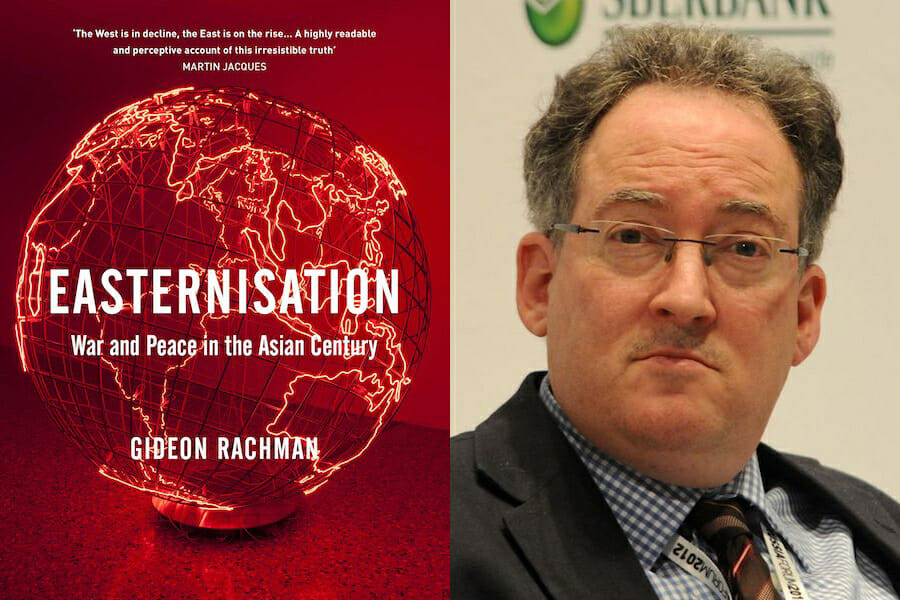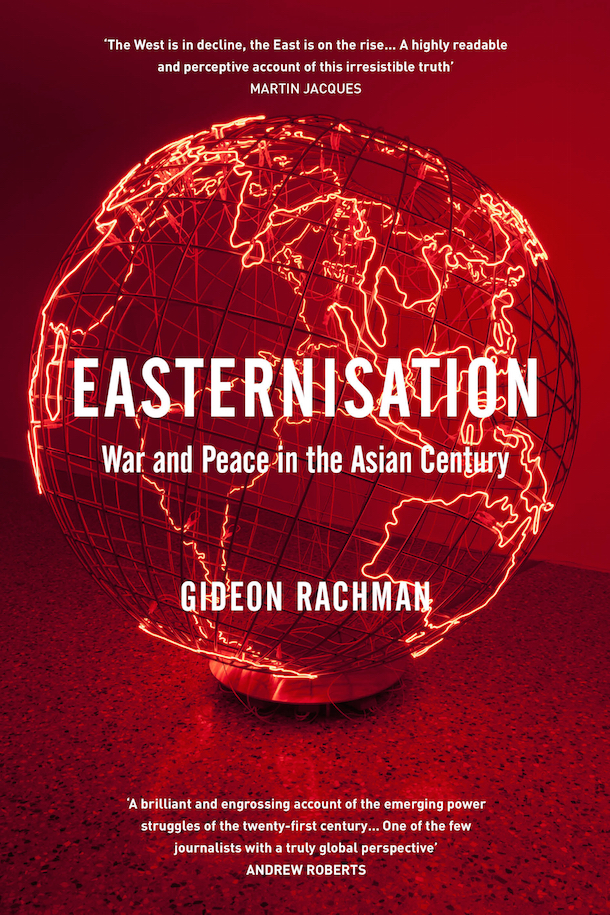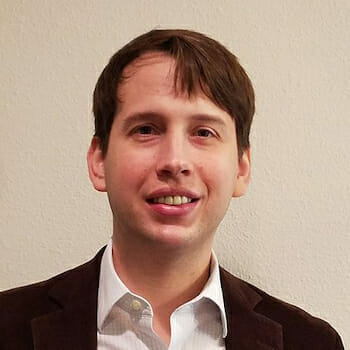
Books
Gideon Rachman on Books and Writing
Gideon Rachman is the chief foreign affairs columnist for the Financial Times. This interview has been edited lightly.
You recently published Easternisation. Would you tell us a little bit about the book?
Sure. Easternisation is a book about international politics, seen through the prism of the rise of Asia. I argue that the 500-year period in which the West dominated global affairs is coming to an end. The root cause of this is a shift in power and wealth to the East. (By 2020, Asia’s collective GDP is likely to be larger than that of the US and Europe combined.)
Easternisation examines how this shift in wealth and power is playing out in practice. The first half of the book is about geopolitics in Asia. It looks at rising tensions between the US and China and at the risk that this might lead to war. But I also examine the viewpoints of other big players in Asia, with chapters on Japan, India and Southeast Asia. One conclusion is that while power is certainly shifting towards Asia, there is no such thing as a coherent “East” to replace the Western alliance. On the contrary, there are serious divisions and rivalries within Asia.
The second part of the book is about “Easternisation beyond Asia.” I look at the West’s declining ability to impose order on the global system. So there is a lot about the relative decline of US power, and how this has contributed to rising anarchy in the Middle East. There is also a focus on the crisis within the European Union — the second pillar of the West. I also examine the “pivots to Asia” of countries such as Russia and Turkey, as well as parts of Latin America and Africa.
I conclude that Easternisation is currently destabilizing the world. Managing Easternisation will be the great challenge of global politics in the 21st century.
What sort of feedback have you gotten thus far?
Much better than I’d dared hope. The reviews have been very positive. The Sunday Times called it “masterly”; the Daily Telegraph called it “superb.” There have also been good reviews in the London Times, the Observer, The Economist, the FT, the New Statesman and the Literary Review. (And the Phnom Penh Post!)

The one that pleased me most came from Paul Kennedy, whose book on The Rise and Fall of the Great Powers in the late 1980s I studied at university. He said that “This really is one of those works where you can say you wished our political leaders would read and ponder upon its great implications.”
The UK edition of the book came out in August. It’s not out in hardback in the US until next year, although you can buy the Kindle edition.
How long did it take to write? Do you have a writing routine?
About two years, I think. I both benefited and suffered from the fact that I have a busy day job as the FT’s chief foreign affairs commentator. On the plus side, my work for the FT dovetailed very neatly with the book — and a lot of the field research was done in the course of my FT-related travels. On the minus side, it was hard to carve out long chunks of time to write. So I mostly did it on weekends, or during nights in hotels when I was wide awake because of jet lag! And the FT was generous enough to give me a month’s sabbatical, right at the end.
Do you have any literary influences?
Not that I’m aware of. Of course, there are lots of writers I admire. But I think I have learned to write about politics and history, by doing lots of it — first at university and then in a 30-year career as a journalist. Influences are more likely to be clever teachers, who once wrote a comment in the margin of an essay. (“Don’t screech” was a favorite piece of advice from a History teacher at school.)
What advice would you give to aspiring authors?
Don’t screech. Also don’t get bogged down. Every now and then take a step back and try to remember the central theme of your book or article. That can help order — or reorder — your thoughts.
What do you read for fun?
I usually only get to read novels on holiday — although a great novel is still more absorbing than any other kind of book. Like lots of people, I go through crazes. I think I’m still formed by reading lots of Wodehouse, Waugh, Anthony Powell and Amis when young. Lately, I’ve really enjoyed the novels and autobiographical work of Hisham Matar. I also enjoy modern history — just read Nicholas Stargardt’s gripping history of Germany in the Second World War. Books can also sit on my shelves for years, before I finally get around to them. For example, I’m currently reading Bernard Crick’s biography of Orwell, which came out in the 1980s.
